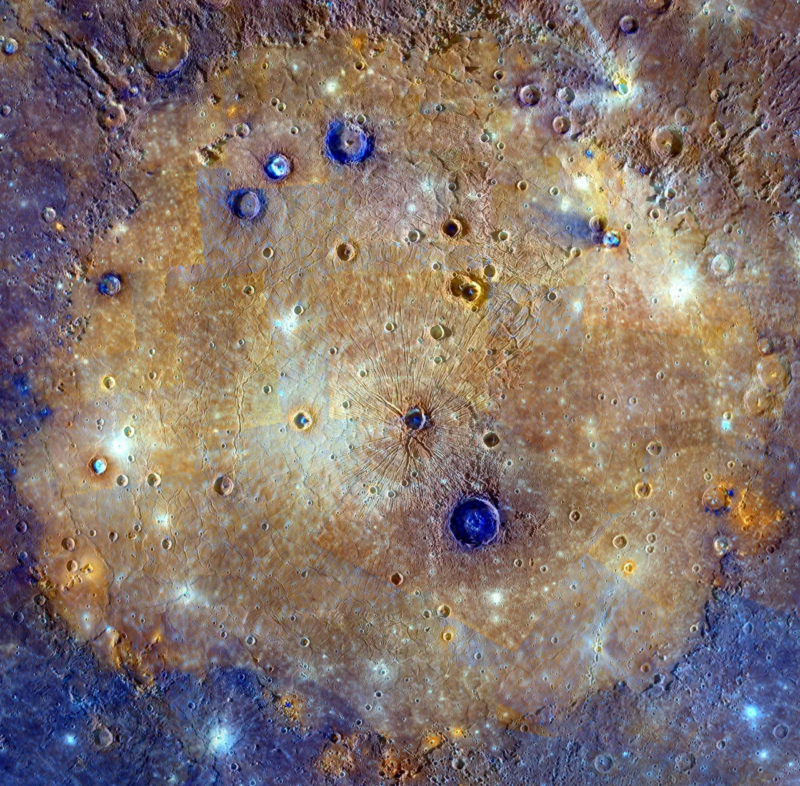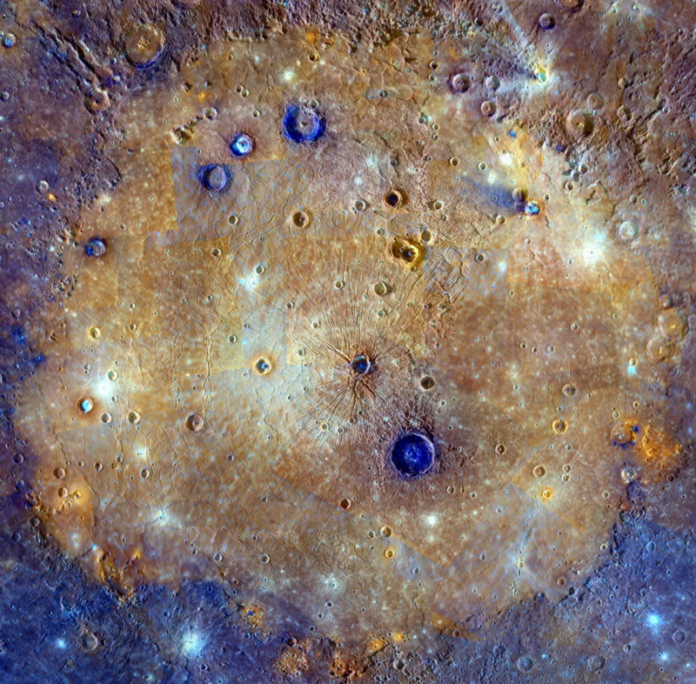
Enlarge / In addition to craters, Mercury's terrain features faults generated by the planet's cooling. (credit: NASA)
The planet Mercury may be hot, but it appears to be cooling down. That's the conclusion of a new study that looked for the kinds of features on Mercury that can form as the surfaces of planets contract due to cooling. These vertical faults, called "graben," are not only common across the planet's surface but appear to have formed within the last few hundred million years—and possibly much more recently.
All of which suggests that the stresses caused by a cooling planet are still playing out on the Solar System's smallest non-dwarf planet.
Crunch time
The process of building a planet necessarily generates a lot of heat as impactors of various sizes deliver both matter and energy to the growing planet. The radioactive elements they deliver can also heat the planet's interior. For the rocky planets of our Solar System, this heat means a differentiated interior, with layers of lighter rocks on top of a liquid core.
Read 10 remaining paragraphs | Comments
Ars Technica - All contentContinue reading/original-link]




